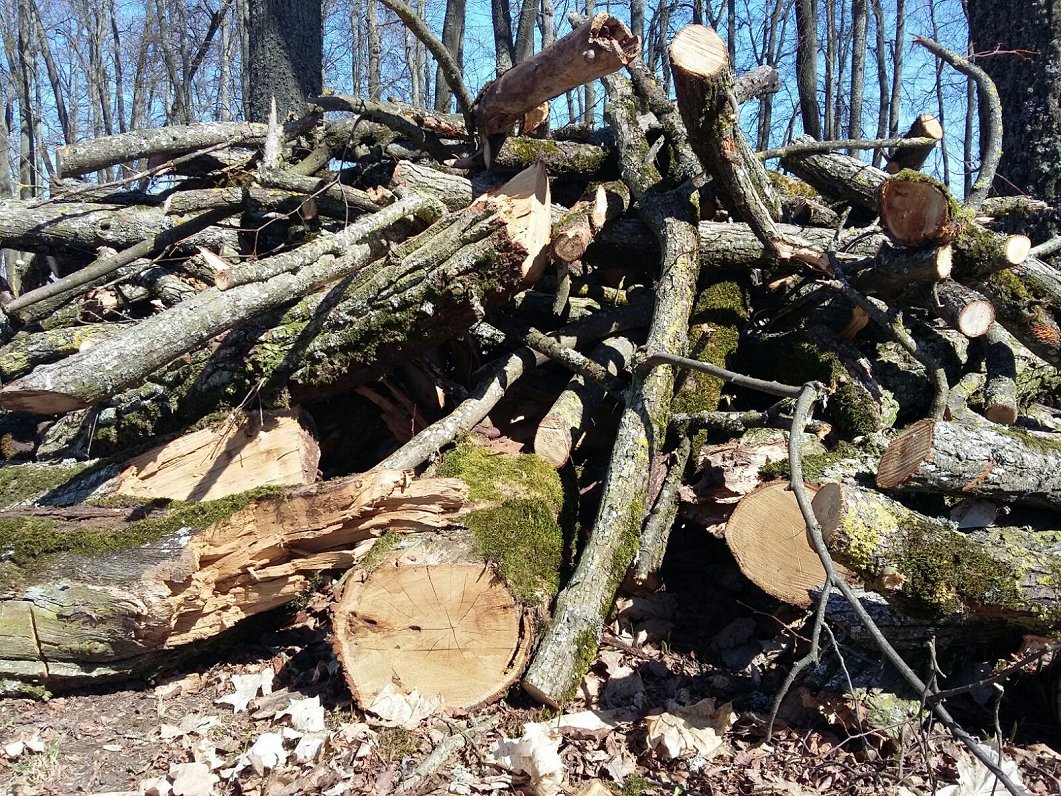The government has talked several times about changes to the rules allowing the felling of younger pine, spruce, and birch forests in 2017 and 2019. However, without reaching an agreement between the parties involved, the last time the amendments were suspended by the promise of Prime Minister Krišjānis Kariņš that they would not be further advanced until an agreement is reached.
This week, the day before Tuesday's government meeting, the intention was again on the Cabinet agenda. The coalition has already agreed that the permit to cut younger trees is planned to support the population in the context of the energy crisis.
“By our calculations, it would allow a significantly larger share of wood to be obtained. And, following indicative estimates of experts from the Ministry of Agriculture, this would allow the availability of Latvian chips to be increased by 20%. And it would certainly have an impact on both price and supplies,” said Agriculture Minister Kaspars Gerhards (National Alliance).
He added that woodchips are the renewable energy resource of Latvia and the energy crisis caused by Russia's war in Ukraine needs a rapid switch from natural gas to chips. The Minister for Economics Ilze Indriksone (National Alliance) and the Minister for Justice Jānis Bordans (Conservatives) also pointed to wood as an important energy resource for energy independence.
On the other hand, Environment and Regional Development Minister Artūrs Toms Plešs (Development/For!) did not take part in the vote, saying there had been tough discussions on nature conservation interests. In his opinion, this step is too fast although it needs to be done. The minister urged to look at how to manage forest resources more sustainably.
The amendments also provide that such a forest should be restored within three years of cutting with quality planting material.
Nature protection organizations are not at peace with these amendments.
“The forests are just going to get younger. Such is the landscape that awaits the Latvian public with this decision. And this decision has very big consequences. This means that we will gradually be felling newer and newer forests. If we were used decades ago [to felling] trees of 100, 110, 120 years, we are now going to fell 50, 60 years old,” said Jānis Rozītis, director of the World Wide Fund for Nature in Latvia, adding that the mandatory requirement to replant the forest will not change the situation – Latvian forests will become ever younger, so with less diversity.
The changes are not supported by the Latvian Society of Ornithologists, whose head Viesturs Ķerus explains that Latvia is moving contrary to the view of the European Union (EU).
“I think that, given the EU's green deal, these rule amendments are an attempt to put a foot in the door before protected areas are expanded. It is clear they will be expanded. It is also clear that the existing volume of felling is based on the fact that forests that should actually be spared can be felled. Then this is simply more likely to be an attempt to hold on to the felling volumes,” Ķerus said.
At the government meeting, he also recalled that forests in Latvia are not managed sustainably and that the planned changes will worsen the situation.




























